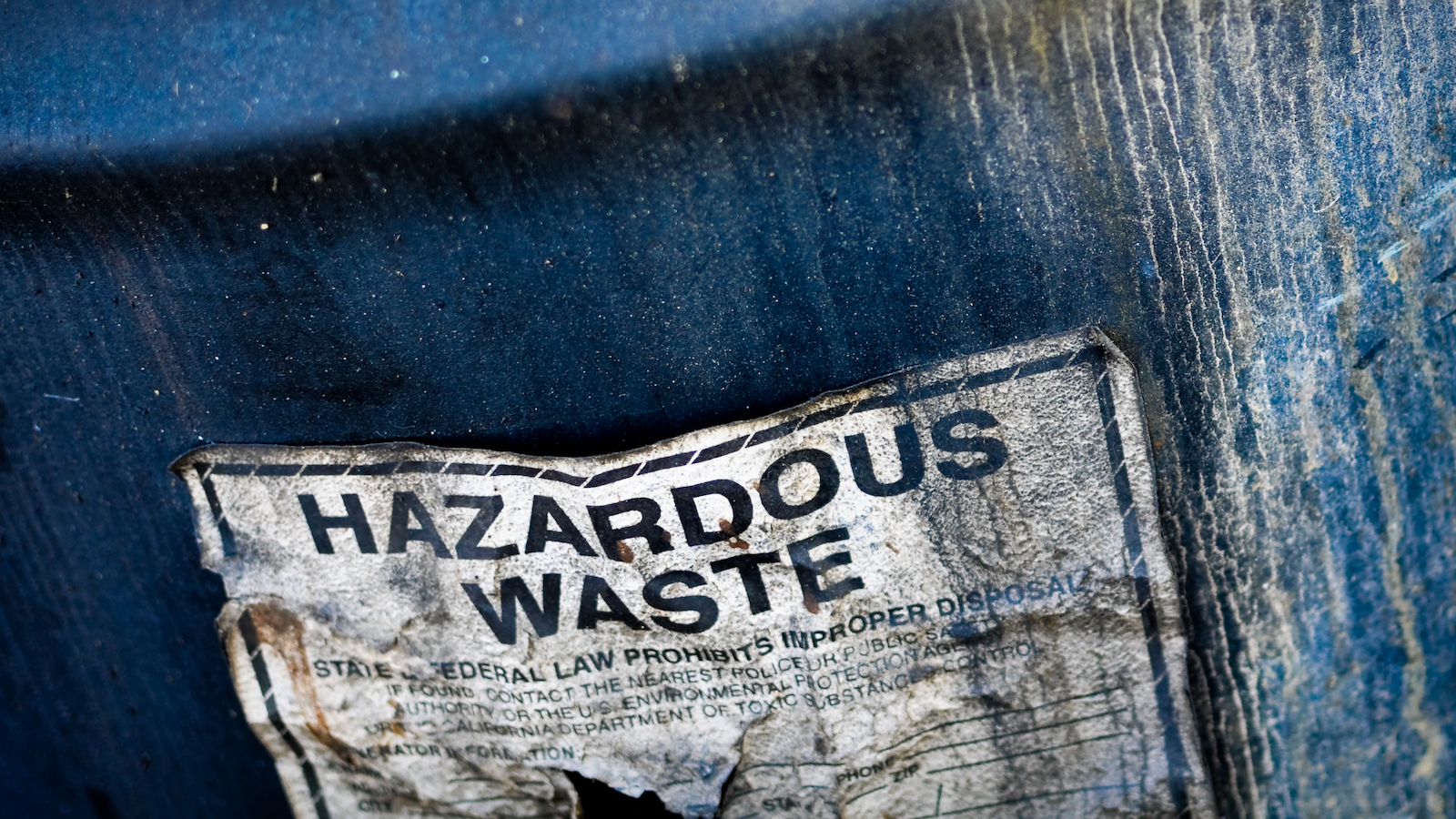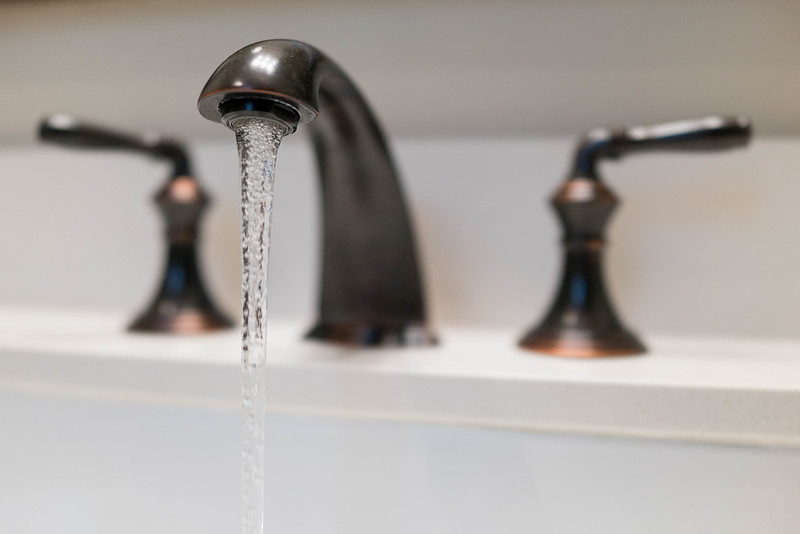
Toxic threats
It’s up to us to protect our ecosystems and communities from toxic chemicals.
Most of the 80,000 chemicals on the market in the United States have been put into use without testing long-term consequences for the environment, or their impacts on our health. We should make sure that any chemical in use is safe, eliminate those we know are dangerous, and stop using any that are damaging healthy ecosystems. And if an industry makes a toxic mess, we should know right away, and they should be the ones to pay for cleaning it up.
The Latest on Toxic threats

Statement: EPA tells power plants to clean up their act
Statement: New rule will aid PFAS clean-ups
Updates
Two more states take action to limit lead in schools’ drinking water
What You Can Do
Featured Resources
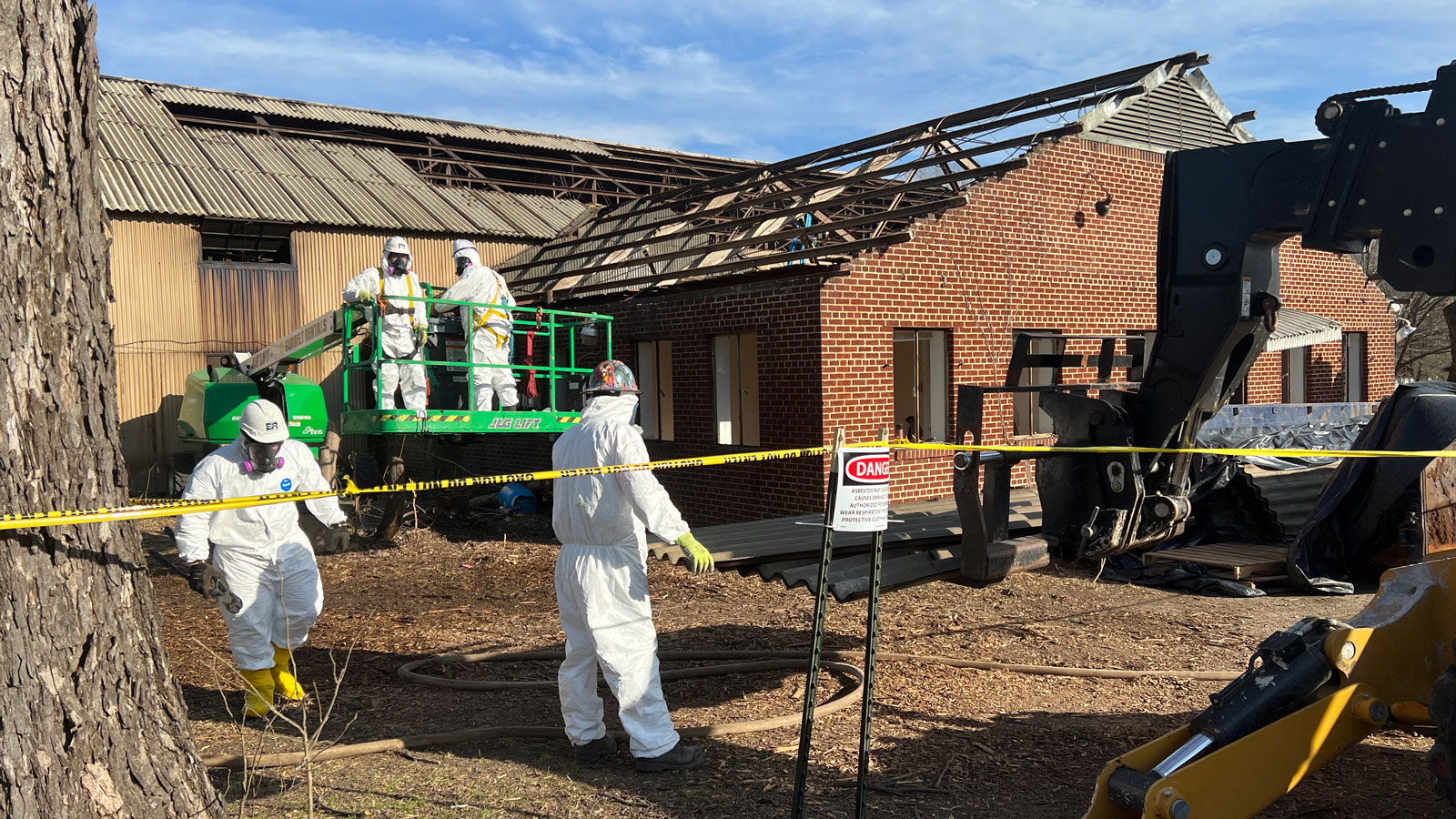
Superfund Back on Track
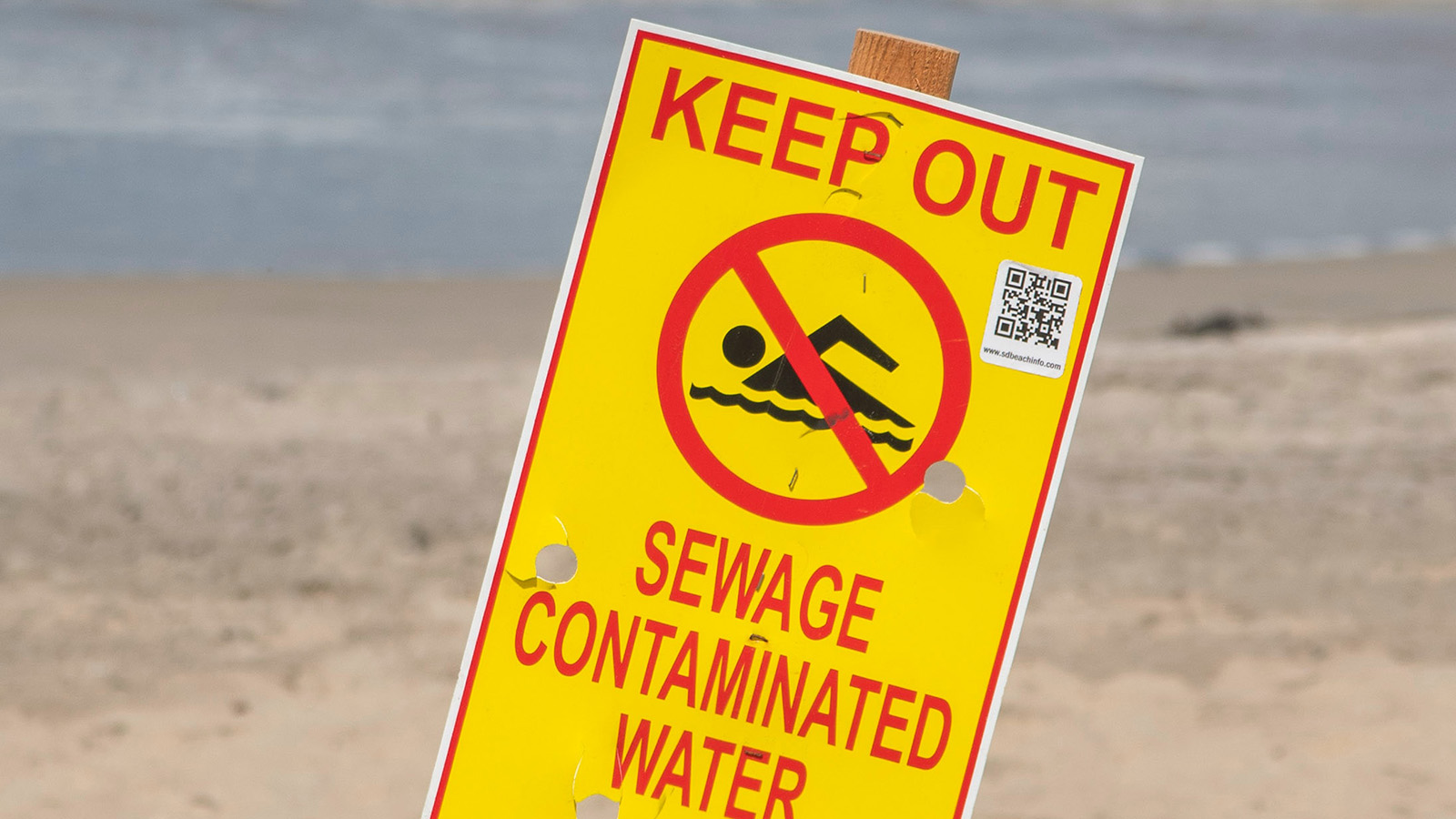
Safe for Swimming?

The Threat of “Forever Chemicals”
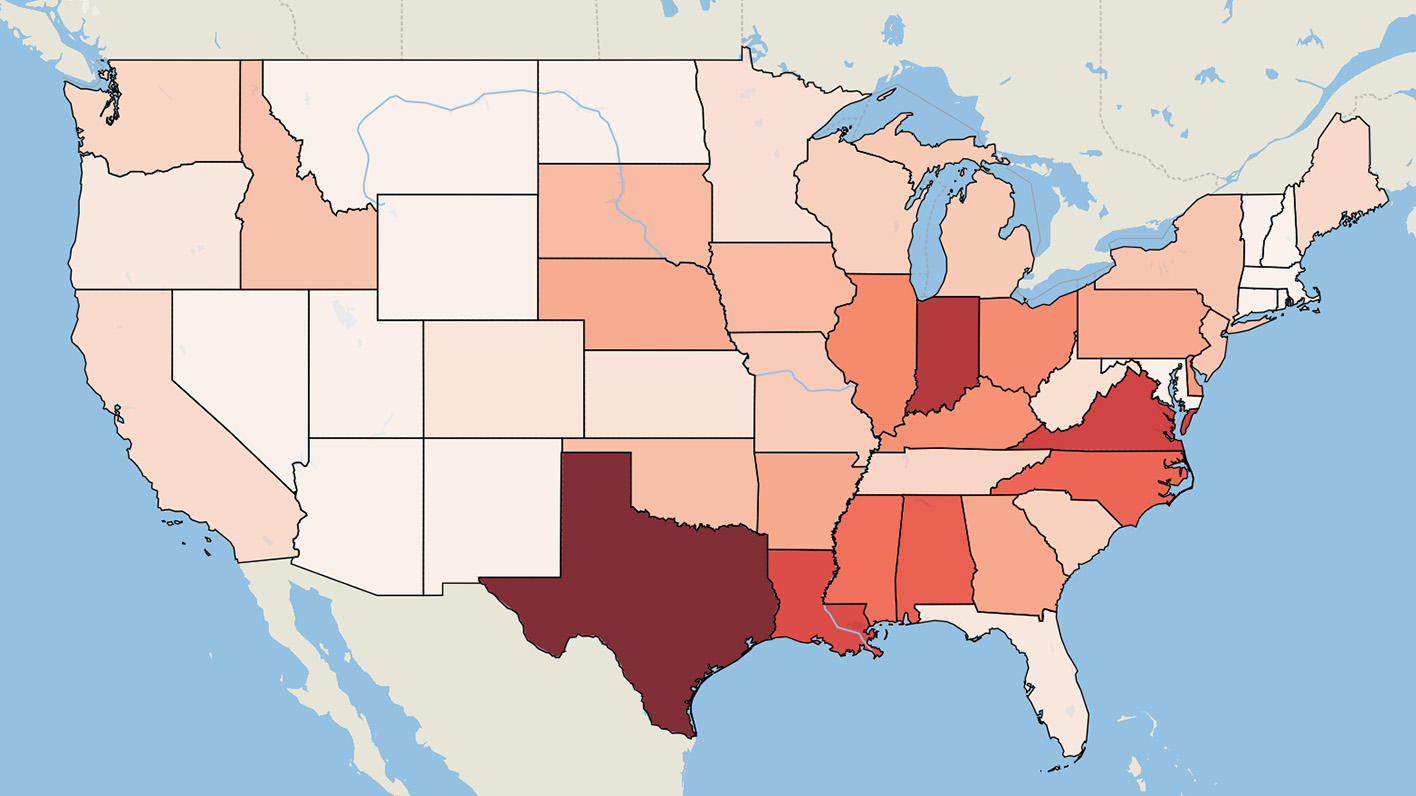
Who are the top toxic water polluters in your state?
The Latest
Vice President Harris touts Newark as a model city for lead service line replacement
Vice President Kamala Harris joined Gov. Phil Murphy, U.S. EPA Administrator Michael Reagan, Newark Mayor Ras Baraka at an event Friday in Newark to celebrate the full replacement of every lead service line – more than 23,000 across Newark – in the past two-and-half years.
New report: Reinstated ‘polluter pays’ taxes should speed up lagging toxic waste cleanup
WASHINGTON -- For more than 20 years, the federal government’s “Superfund” program aimed at cleaning up toxic waste sites has languished for lack of funding. The program was originally funded by a tax on the chemical and petroleum industries, but those “polluter pays” taxes expired in 1995. When President Joe Biden signed the bipartisan infrastructure package (BIF) into law last month, a polluter pays tax was finally reinstated on chemical industries.
Groups issue new toolkit on lead in school’s drinking water
With the bipartisan infrastructure bill now signed into law, Environment America Research & Policy Center (Environment America's research partner) and U.S. PIRG Education Fund (PIRG's research partner) released a new toolkit for parents and community leaders on Tuesday on how to get the lead out of schools’ drinking water. The infrastructure bill includes $200 million for schools to conduct lead reduction efforts.
EPA’s PFAS plan would limit toxic chemicals, but falls short of phase out
The United States Environmental Protection Agency (EPA) launched a new plan on Monday to deal with toxic per- and polyfluoroalkyl (PFAS) substances that are linked to serious health risks, including liver damage, birth defects and cancer.
Thousands urge EPA to protect waterways from pollution
Nearly 30,000 people are urging the U.S. Environmental Protection Agency to end the dumping of PFAS chemicals, and thousands more are telling the agency to dramatically reduce pollution from slaughterhouses. Environment America Research & Policy Center and U.S. PIRG Education Fund submitted comments from these individuals to the EPA Thursday as the agency considers updating pollution control standards, which is required by the Clean Water Act. The groups are also calling on the EPA to strengthen standards for other industrial sources -- including power plants and refineries.

